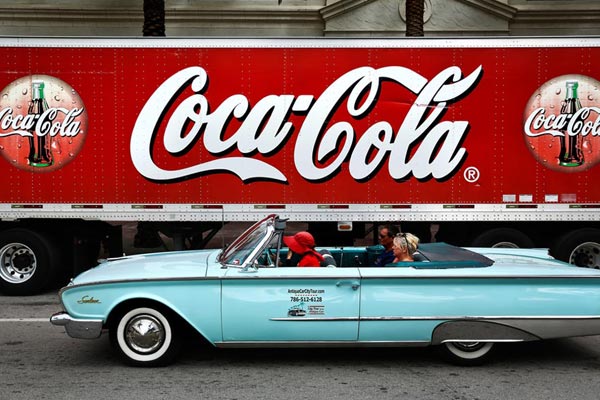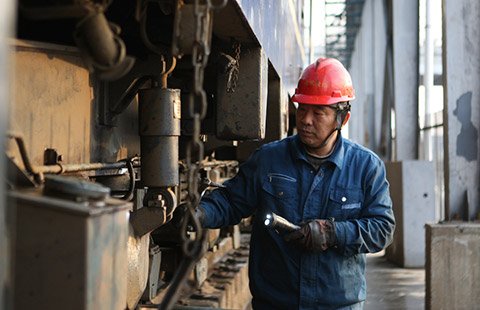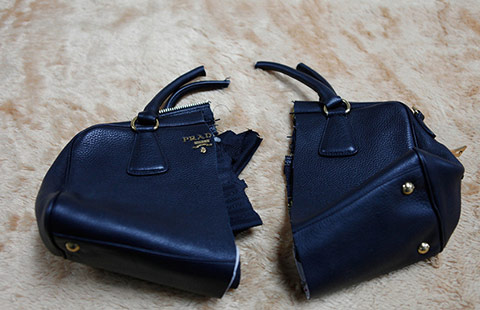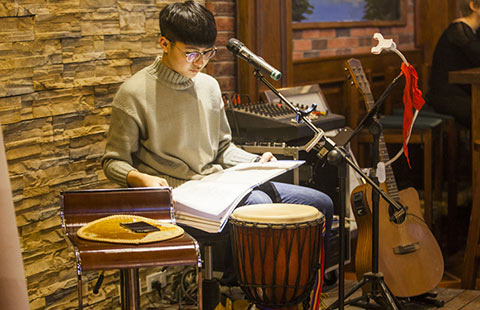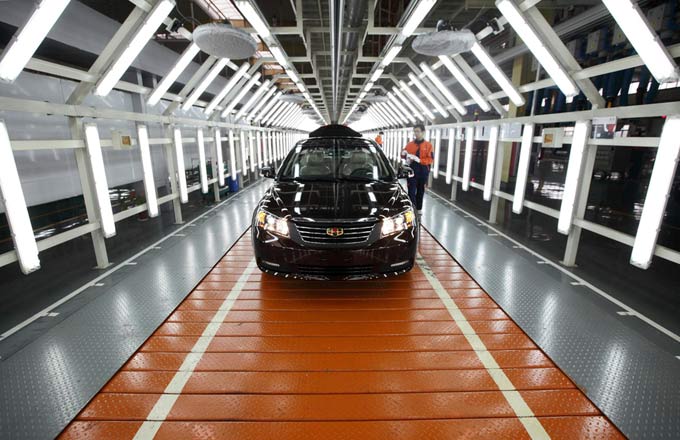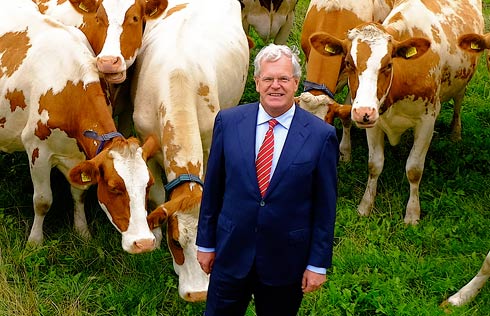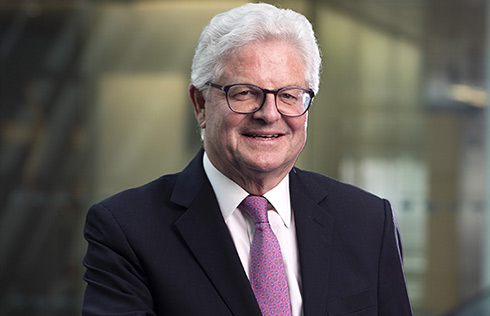Swiss business leader credits China's win-win policy for company's global success
DAVOS - Silvio Napoli, executive chairman-elect and former CEO of the Schindler Group, hailed China's win-win cooperation strategy as a major part of the Swiss company's worldwide growth.
He made the remarks in a recent interview with Xinhua during the World Economic Forum in Davos, Switzerland, adding that "We would not be able to have our worldwide position today if we had not been in China."
The 143-year-old Schindler, a leading global provider of elevators, escalators and moving walks, was part of the first batch of China-West industrial joint ventures set up in China in 1980, shortly after China initiated the reform and opening-up policies.
"It's been a remarkable story," he recalled. Starting from two factories in eastern China's Suzhou and Shanghai cities, the Swiss company's Chinese branch has now built two state-of-the-art factories, a 200-meter-tall test tower, and the company's biggest research and development (R&D) center in the world, with a total employment of 11,000.
For Napoli, working with the Chinese local authorities to build the new facilities in Jiading in northwest part of Shanghai, was a perfect example of China's win-win cooperation policies in practice.
"We now have the biggest factory in the world for elevators and escalators," Napoli elaborated, while "China has the biggest producer of escalators in the world, with better technology."
"For us, China has been a tremendous opportunity to grow, and to continue growing in the future," Napoli asserted. "If you want to be a leader in your industry, you have to be one in China."
For Schindler, China is both a critical market and a hub for global operations. With the urbanization process, China is the biggest elevator and escalator market in the world, with over 50 percent of the market share worldwide.
Referring to China's "new normal" economic status quo, Napoli believed it "is actually a good thing."
"I think having a new normal around 6 to 7 percent growth would be good, and it's going to be sustained by a new economic structure, moving away from infrastructure and production to a service economy," he said.
The business leader credited a "spirit of adventure" among the Chinese people, and linked it to increased investment in innovation and technology that would bring an evolution to the economic growth mode of China.
"People still see China wrongly as a low-cost production country, which it is not," he advised, "it is a market where you have excellent engineers and very demanding customers. So by investing in innovation and technology, and having it as a driver for future growth, I believe that shows support for companies like us."
Though boasting the insight of being one of the pioneers in establishing joint ventures in China, Napoli admitted that his company's progress and success has surpassed "everyone's expectations."
He paraphrased Chinese philosopher Laozi in calling this just the first step in a thousand-mile journey, as he was very positive about the Chinese leadership.
Referring to Chinese President Xi Jinping's speech at the World Economic Forum in Davos on Tuesday, Napoli said he believes in those polices after his pioneering company has for years practiced business in China since 1980.
Chinese-Swiss partnership has been a model and exemplar for China's opening up to the global economy. Switzerland was one of the first European countries to recognize China's market economy status and to establish a free trade agreement with.
Since the inception of the China-Switzerland free trade agreement (FTA) in 2014, bilateral trade and mutual investment have flourished. Against the sluggishness of the global economy, bilateral trade reached $44.27 billion in 2015.






